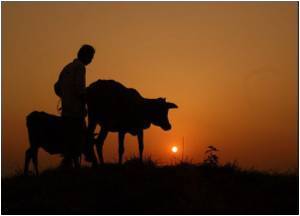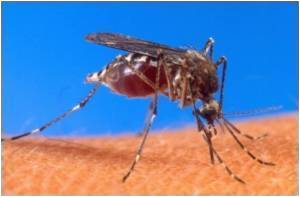
The large grazing animals would have been producing plentiful methane, a greenhouse gas, from their digestive systems before they became extinct nearly 13,000 years ago.
According to Felisa Smith, of the University of New Mexico in Albuquerque, these animals would have emitted 9.6 megatonnes of methane annually, reports New Scientist.
Ice core records reveal atmospheric methane levels dipped from about 700 parts per billion to just 500 ppb at the time of their extinction.
Smith believes the absence of methane emissions from the extinct species is a possible cause.
The study has appeared in Nature Geoscience.
Advertisement
TAN









